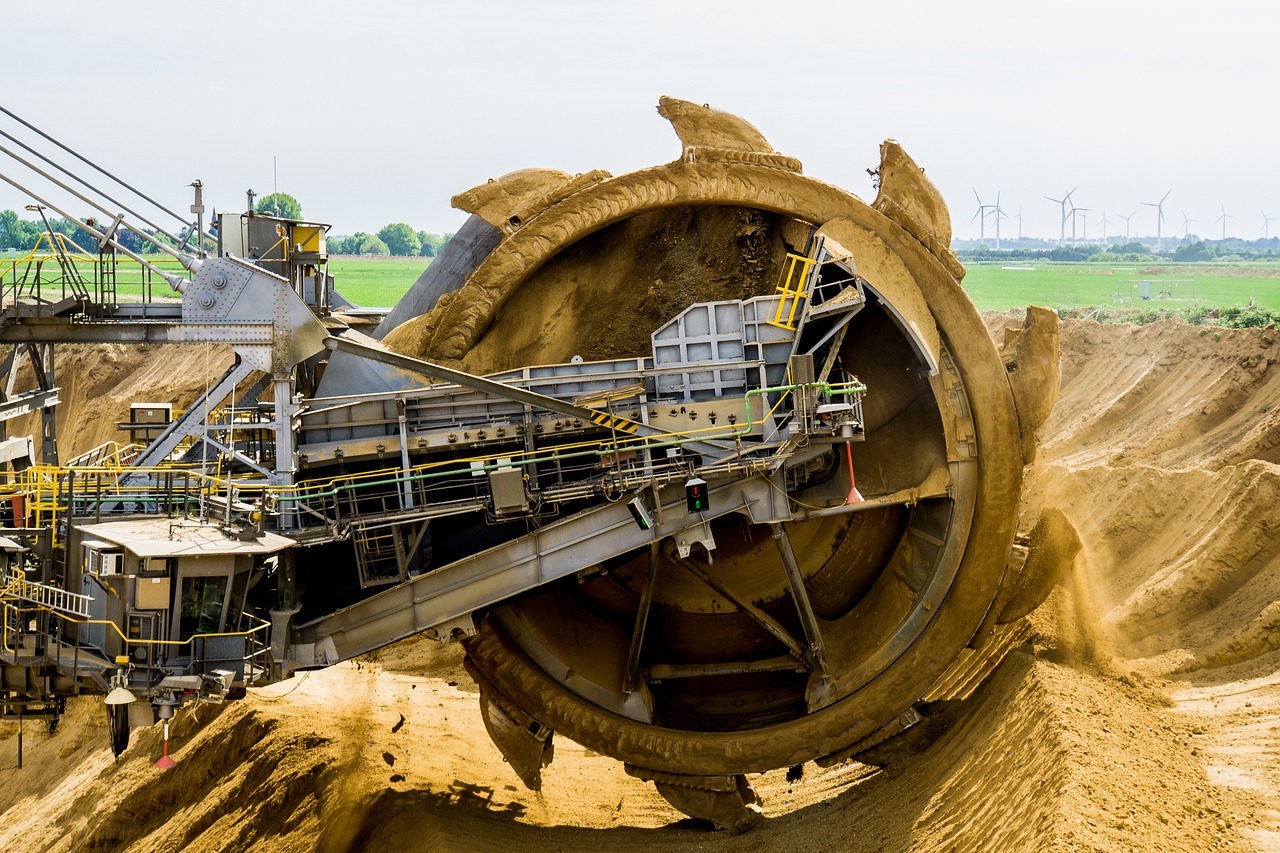Heavy machinery is typically massive and powerful. It contains moving elements that, in worse cases, have the potential to cause severe injury or even death. Their operation frequently takes place in challenging locations, such as building sites, which may feature uneven ground, barriers, or other dangers that increase the risk of an accident.
It’s why skill sets and certified training are designed for heavy machinery operators. Depending on the kind of machinery, almost all employers do not hire individuals to operate their heavy machines without proven knowledge and skills.
Aside from ensuring proper handling and reliable machine operation, it’s also for the protection of heavy equipment or machinery operators. These operators are trained and reminded over and over again about the safety standards and precautionary measures to ensure workers are safe and well-protected.
Vital Safety Measures When Working With Heavy Machinery
1. Be Serious About Your Training
You’ll not fall victim to industrial workplace accidents if you’re professionally prepared to handle heavy machinery and equipment. It’s not easy to seek worker’s compensation after an industrial accident, aside from the absence from work and the suffering it may entail. So it would help if you avoid getting hurt from machinery and equipment handling in the first place.
Every machinery has a customized way of handling or operating them. It’ll be safer for you if you’re skilled and have a thorough knowledge about how to efficiently use heavy machines, especially if they’re assigned to you. Knowing is the best precaution and a safety measure for working with heavy equipment and machinery.
2. Wear Your Safety Gears
Always gear appropriately in all your work activities by donning the necessary personal protection equipment, such as safety goggles, hard hats, earplugs, gloves, and steel-toed boots. Ensure to protect your eyes from piercing glares and clouds of dust that may bring damage to your eyes.
Your hard hat must always be worn to protect yourself from falling debris and other materials from construction to other industrial activities. The same goes for earplugs, gloves, and boots. They’re designed to protect you from instances that can harm you while working with machinery in construction or other industries.
3. Routine Check Machineries And Equipment
Like any other mechanism, the machines and equipment you work on need routine checks for malfunctions or other defects. It may suddenly cause a leak, a burst, or worse, an explosion while you’re working because you didn’t check it beforehand.
It’s for your protection that you carry out a thorough inspection of equipment or device before using. It’s to ensure that it is in good working condition. In addition to ensuring that all guards and safety measures are in place and functioning appropriately, you should look for any loose pieces, damaged cables or hoses, and other potential hazards.
4. Ensure You’re Fit To Work With Them
When dealing with heavy machinery, one of the most critical safety procedures is to examine yourself and determine whether or not you’re physically capable of operating the machinery. Before beginning work, ensure that you’re in good physical condition and have had a suitable amount of rest before handling the machinery or heavy equipment.
Because these machines require a high level of physical and mental alertness. Your judgment and response time may be impaired due to fatigue, illness, or being under the influence of drugs or alcohol. Often these factors can increase the risk of accidents.
In addition, if you’re suffering from a medical condition such as epilepsy or heart illness, it is possible that you will not be able to operate heavy gear securely. Hence, it’s for your safety that you disclose to your immediate supervisor any medical condition that may influence your capacity to work with heavy equipment or machinery.
The Bottom Line
Ensuring adherence to the safety standards and these vital safety practices will help establish a more secure working environment. They’re critical in reducing your risk of work injury and accidents and the danger of these risks to your co-workers at the workplace.
Also, ensure that, first and foremost, you’re physically able to perform your job’s duties efficiently and always with safety in mind.







